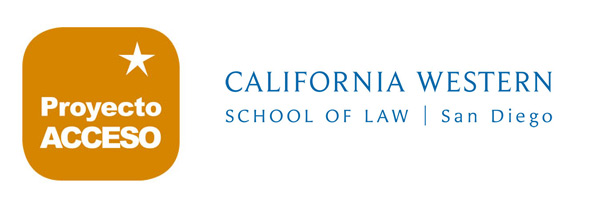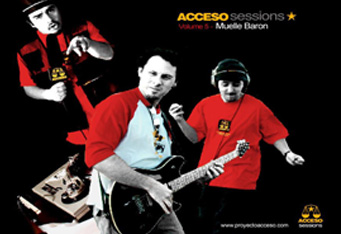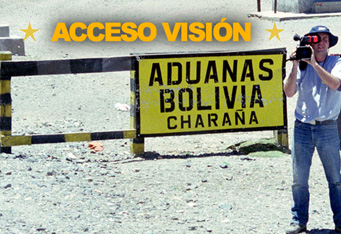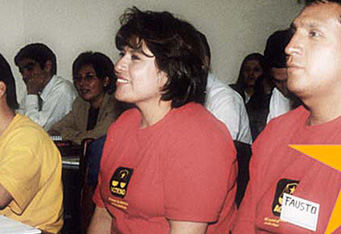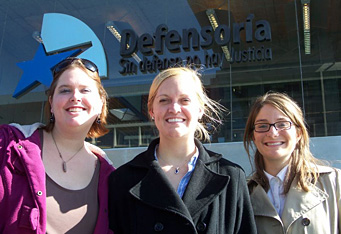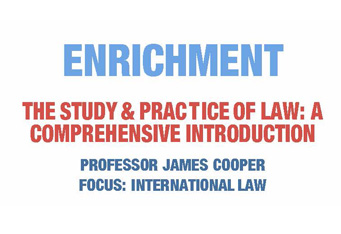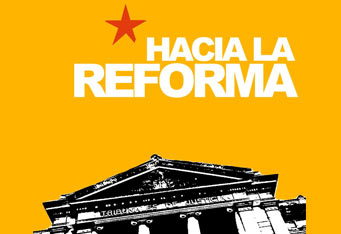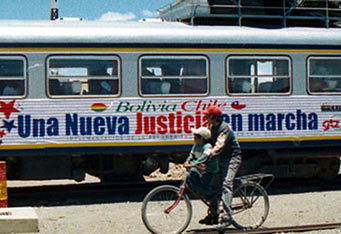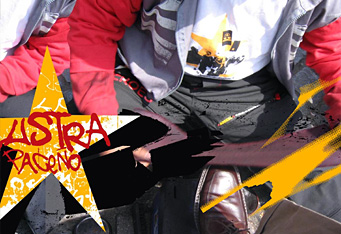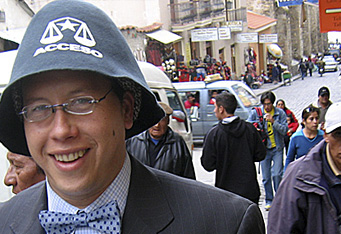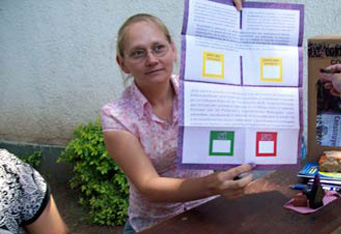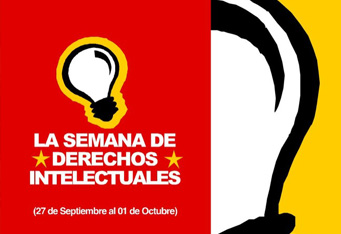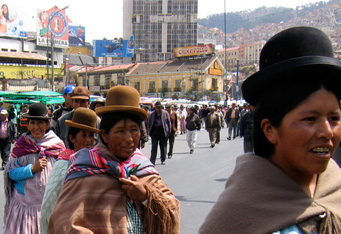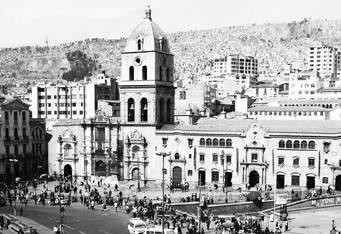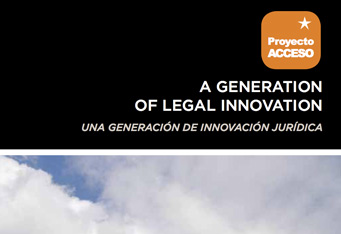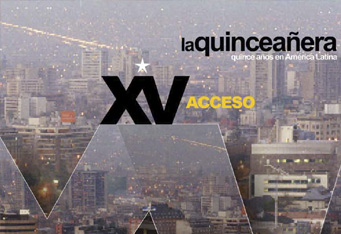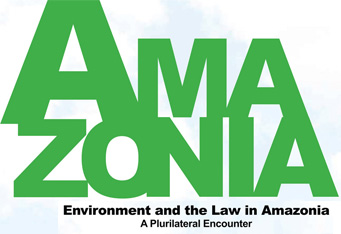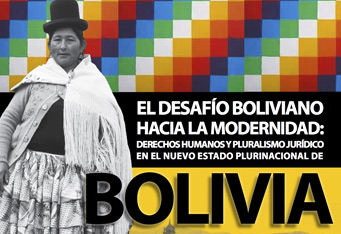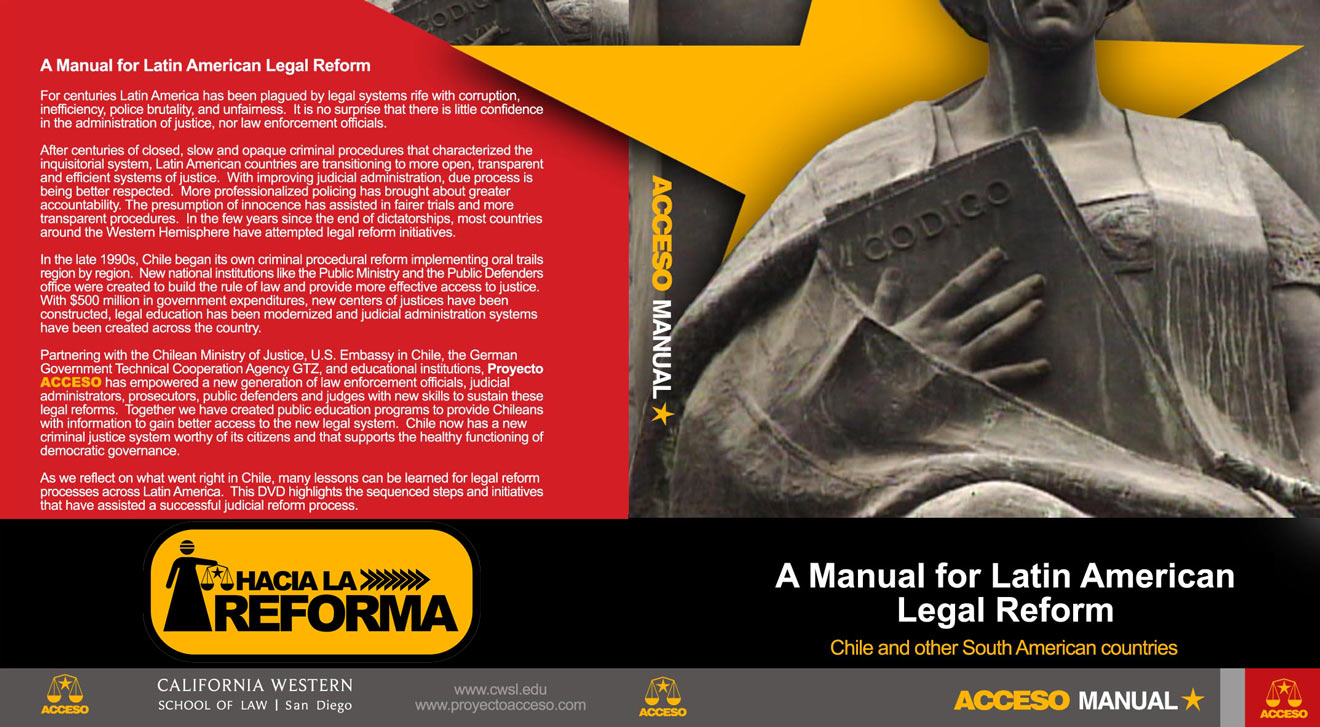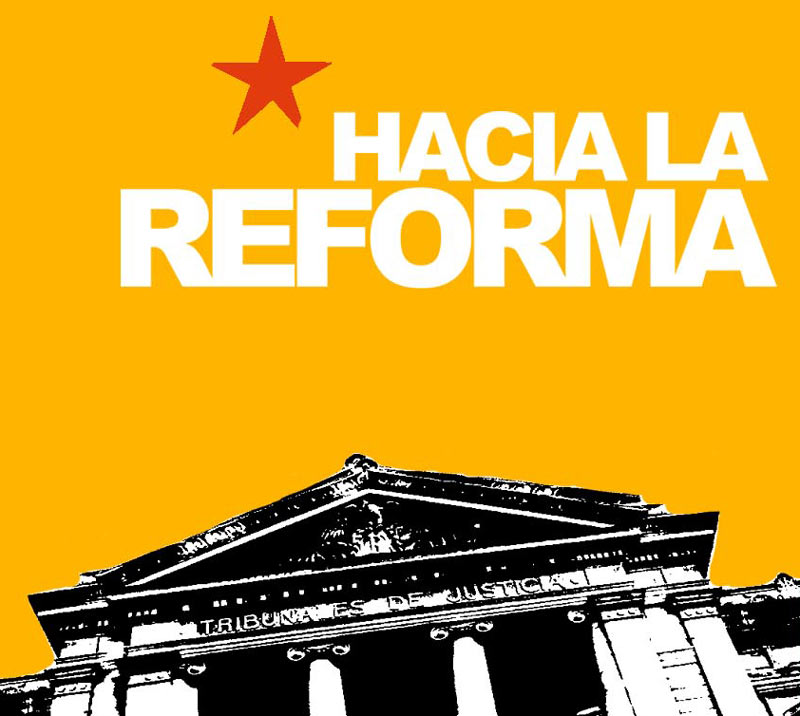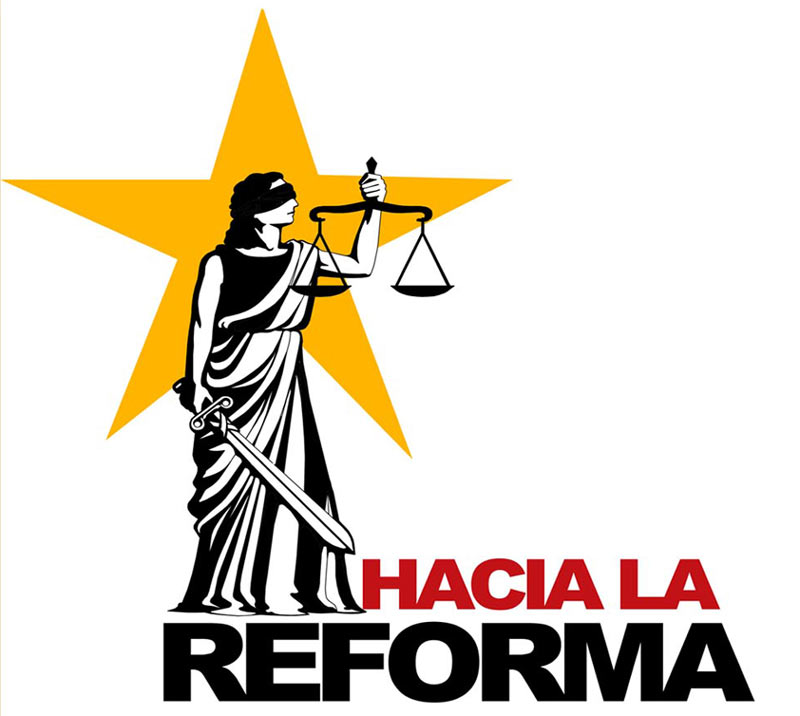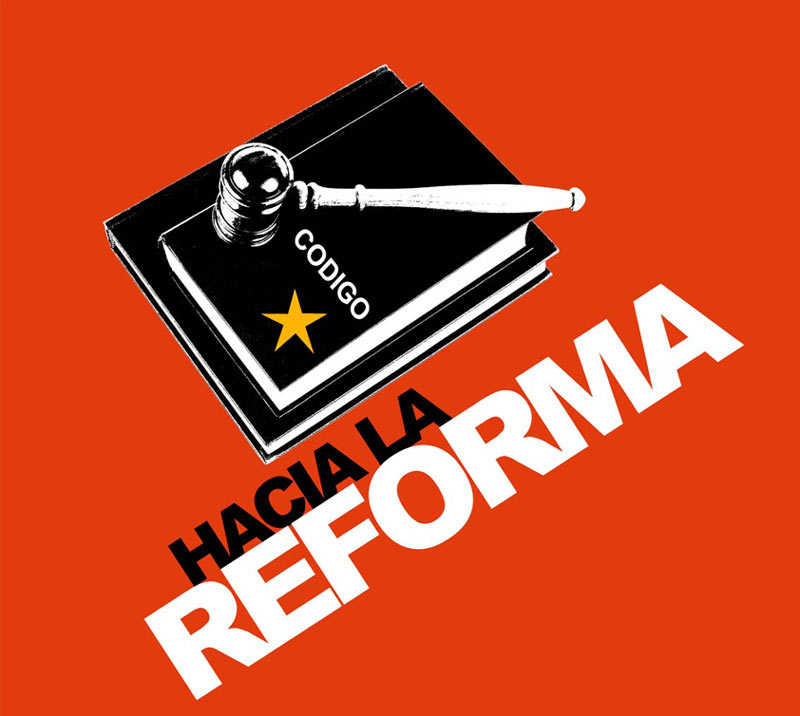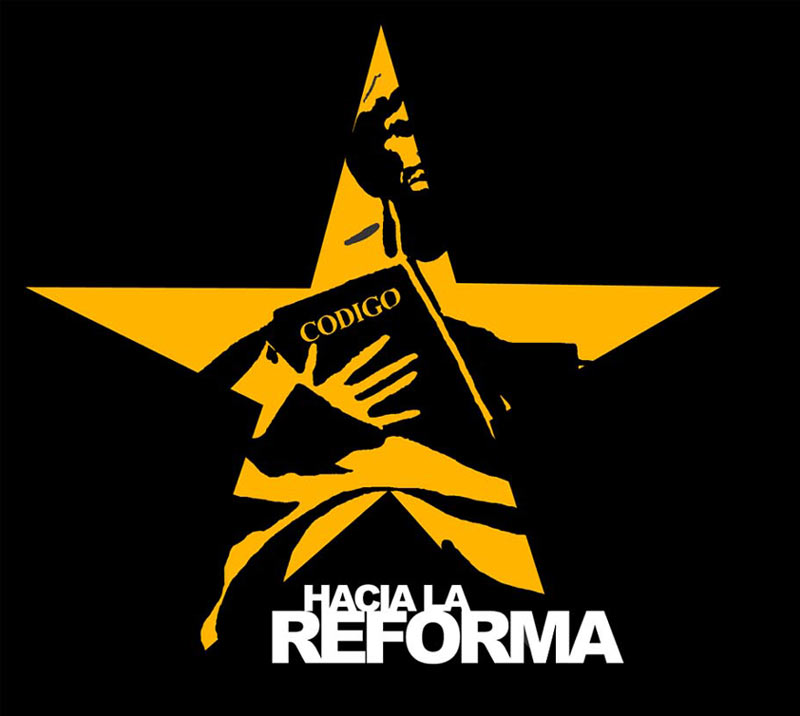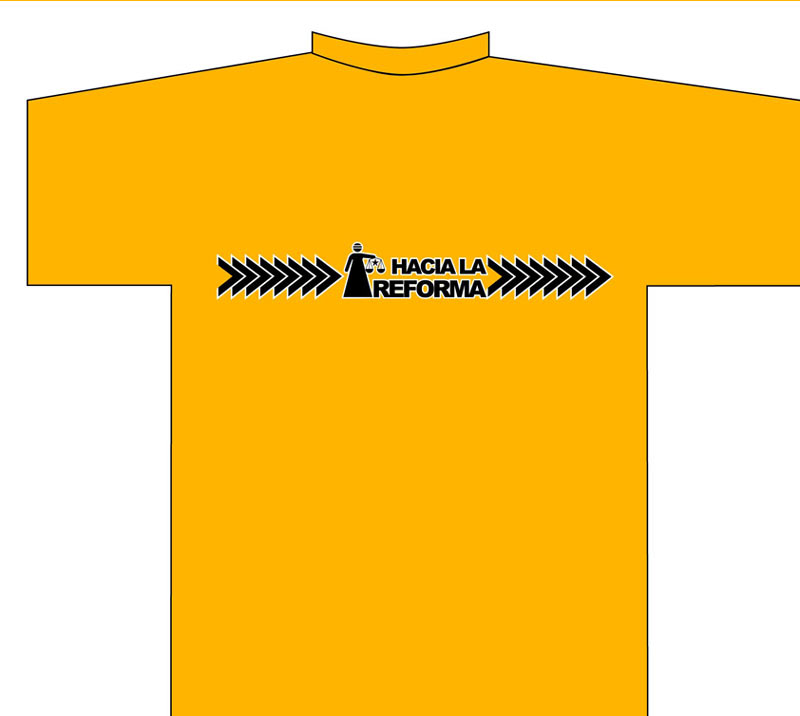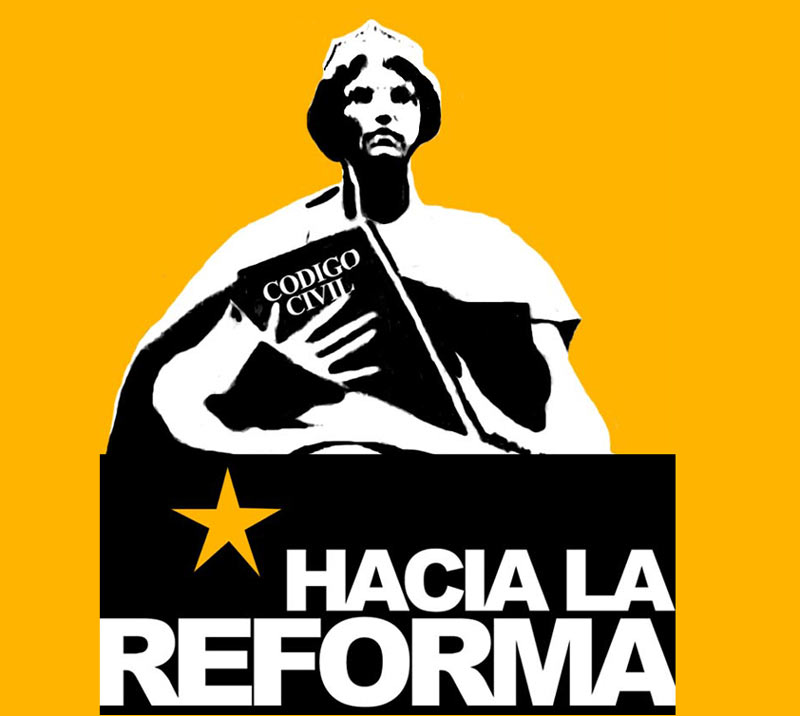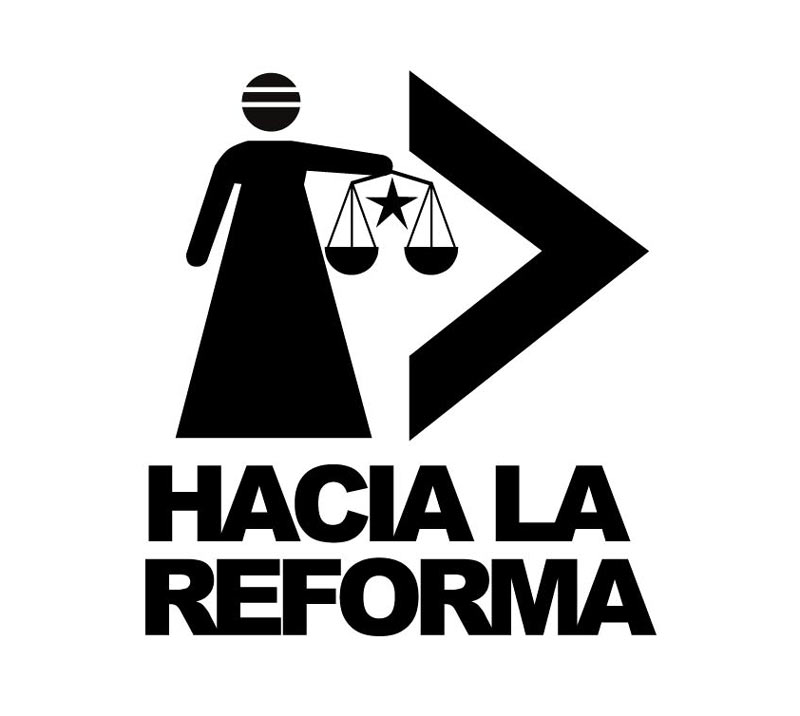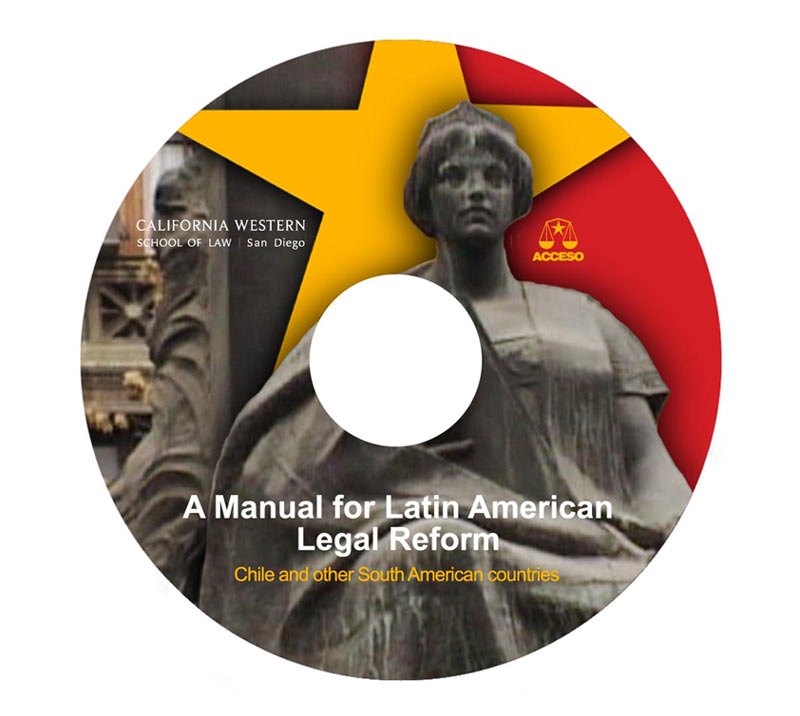For centuries Latin America has been plagued by legal systems rife with corruption, inefficiency, police brutality, and unfairness. It is no surprise that there is little confidence in the administration of justice, nor law enforcement officials.
After centuries of closed, slow and opaque criminal procedures that characterized the inquisitorial system, Latin American countries are transitioning to more open, transparent and efficient systems of justice. With improving judicial administration, due process is being better respected. More professionalized policing has brought about greater accountability. The presumption of innocence has assisted in fairer trials and more transparent procedures. In the few years since the end of dictatorships, most countries around the Western Hemisphere have attempted legal reform initiatives.
In the late 1990s, Chile began its own criminal procedural reform implementing oral trails region by region. New national institutions like the Public Ministry and the Public Defenders office were created to build the rule of law and provide more effective access to justice. With $500 million in government expenditures, new centers of justices have been constructed, legal education has been modernized and judicial administration systems have been created across the country.
Partnering with the Chilean Ministry of Justice, U.S. Embassy in Chile, the German Government Technical Cooperation Agency GTZ, and educational institutions, Proyecto ACCESO has empowered a new generation of law enforcement officials, judicial administrators, prosecutors, public defenders and judges with new skills to sustain these legal reforms. Together we have created public education programs to provide Chileans with information to gain better access to the new legal system. Chile now has a new criminal justice system worthy of its citizens and that supports the healthy functioning of democratic governance.
